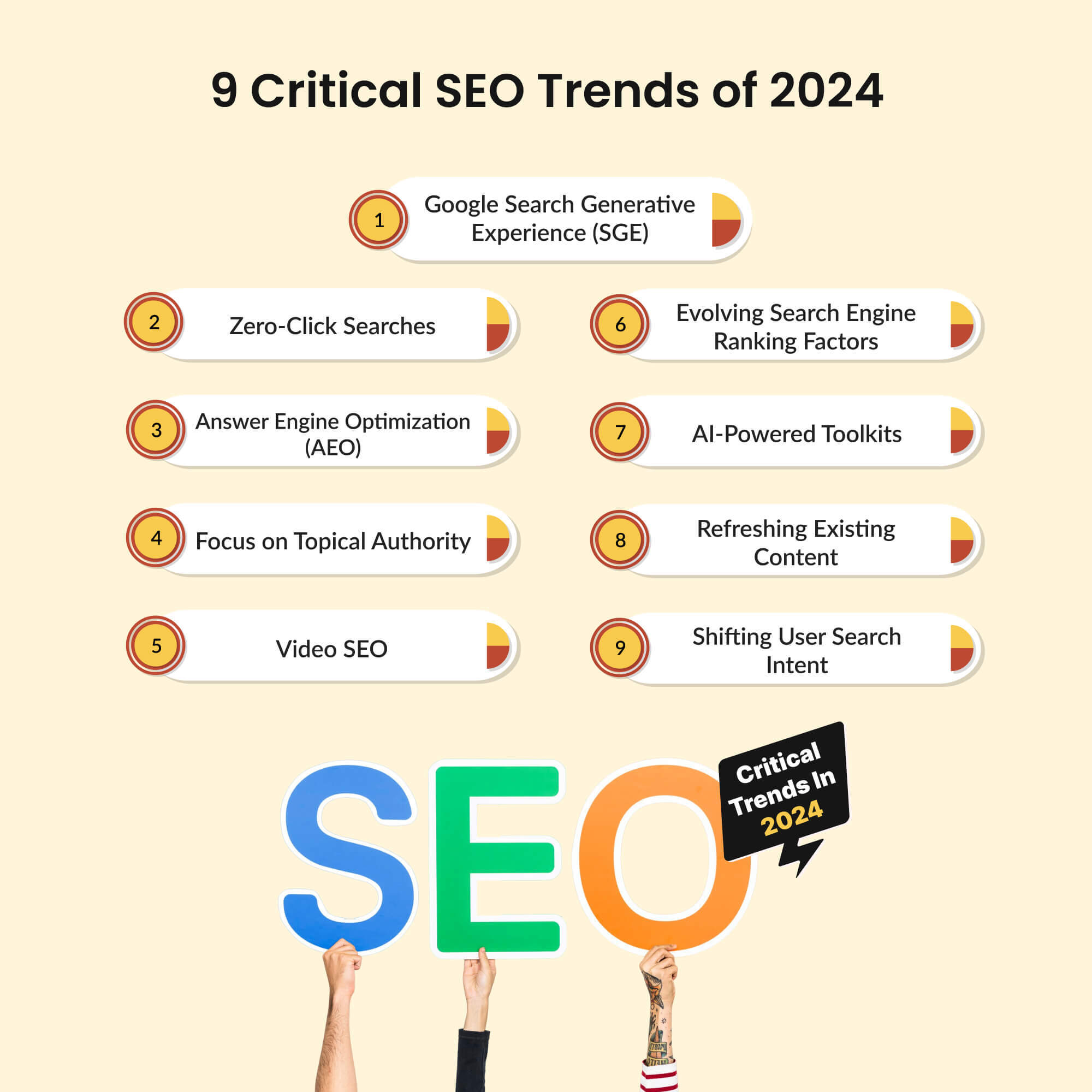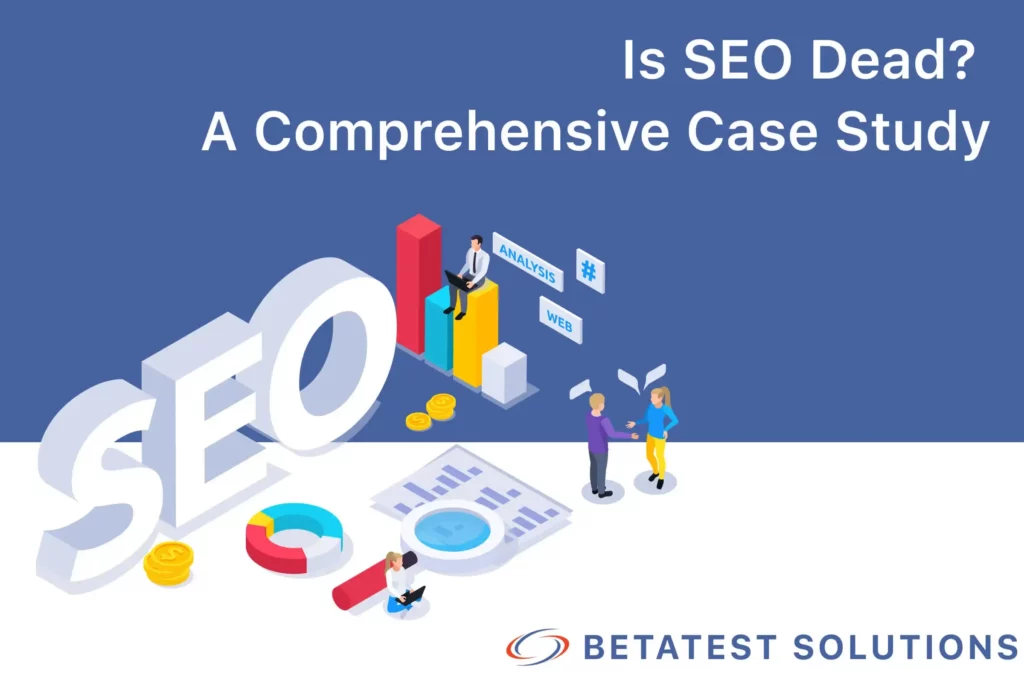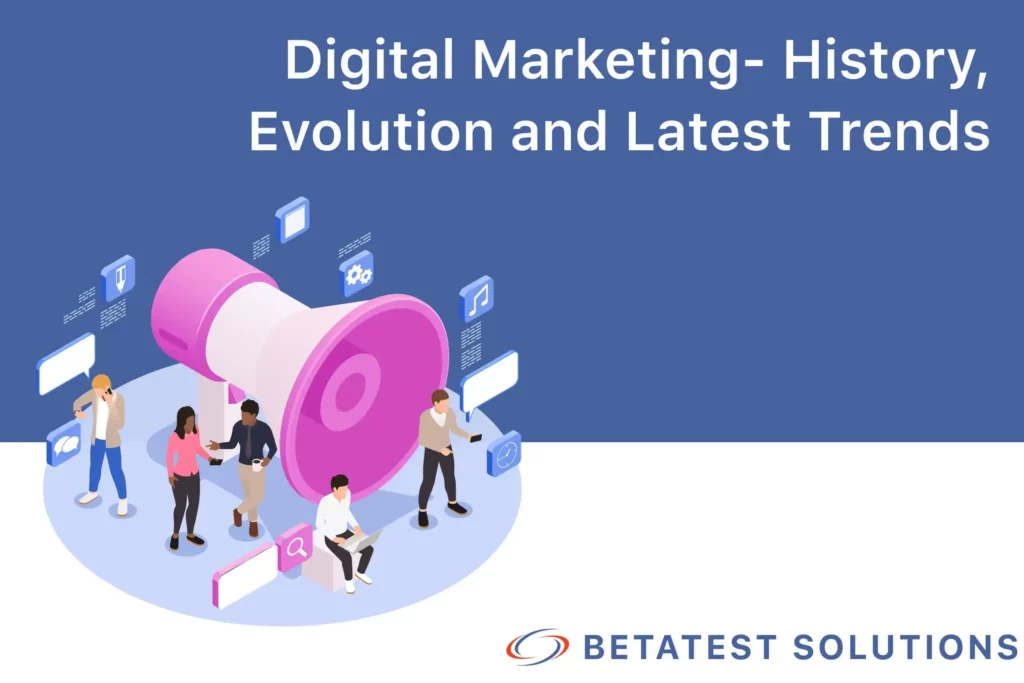The digital landscape is continuously changing, with technologies everyday evolving at a breakneck speed. Among these, Artificial Intelligence (AI) has been a buzzword for a while, promising to revolutionize various sectors. But what about SEO? Can AI, and specifically tools like ChatGPT, alter the SEO game and challenge Google’s dominion? And more importantly, will AI replace the savvy Search Engine Optimization experts? Let’s dive in and explore these compelling questions.
AI: The New Frontier in SEO
The integration of AI into SEO isn’t just futuristic thinking; it’s happening now, and ChatGPT is at the forefront. Let’s break down how AI is reshaping the SEO landscape.
Understanding AI’s Role in SEO
AI tools, especially those based on natural language processing like ChatGPT, are becoming increasingly adept at understanding and generating human-like content. This capability is gold for Search Engine Optimization for several reasons:
- Content Creation: AI can now produce well-written, relevant, and engaging content that resonates with the audience and ranks well on search engines.
- Keywords Optimization: Beyond mere keyword stuffing, AI can strategically use keywords within content, making it more valuable and searchable.
- Analyzing User Intent: AI can predict and analyze user search intent more accurately, allowing for the creation of content that directly answers users’ queries.
Essentially, AI is transforming SEO from a keyword-focused SEO strategy to a more content and user-intent-centric approach.
ChatGPT: The Game Changer
ChatGPT, specifically, has been a revelation in SEO. Its ability to generate articulate and contextually relevant content can drastically reduce the time and effort required for content creation, besides enhancing quality.
- Provide insights into emerging trends
- Suggest topics based on search demand
- Offer analytics on content performance
This level of efficiency and insight can significantly boost a SEO strategy, positioning ChatGPT as a valuable ally in the Search Engine Optimization toolkit.
Google’s Reign: Unshaken or Under Threat?
With AI’s rise, many wonder if Google’s days as the search engine titan are numbered. To examine this, it’s crucial to understand Google’s relationship with AI.
Google itself is a pioneer in AI technology, continually integrating AI into its search algorithms to improve search results’ relevance and accuracy. Thus, rather than seeing AI as a threat, Google adapts and evolves with it, using AI to enhance its services and maintain its position in the search engine hierarchy.
Moreover, Google’s extensive ecosystem, including Google Ads, Google Analytics, and various other services, creates a holistic digital experience that’s hard to rival. So, for now, Google’s reign seems more secure than ever, albeit much more AI-integrated.
Will AI Replace SEO Experts?
This is a burning question for many in the SEO field. While AI, like ChatGPT, is transforming SEO by automating content creation and optimization tasks, it’s essential to recognize that SEO is much more complex. It involves strategic planning, understanding brand voice, ethical SEO practices, linking strategies, and continual adaptation to search engine algorithms’ changes.
AI can assist and enhance these tasks but cannot entirely replace the human expertise, creativity, and intuition that seasoned SEO professionals bring to the table. Instead, SEO experts could leverage AI to streamline repetitive tasks, gather data-driven insights, and craft more effective strategies. Therefore, rather than replacing SEO experts, AI is set to become a powerful tool in their arsenal.
Harnessing the Power of AI in SEO: A New Era
We’re stepping into a new era of Search Engine Optimization, where AI’s role is becoming increasingly central. Tools like ChatGPT are not just assistants but catalysts for innovation, making it easier to create impactful, high-quality content that drives SEO success. However, the essence of SEO remains distinctly human, leveraging AI to augment rather than replace the human touch.
As for Google, its evolution alongside AI technologies only strengthens its position, constantly redefining what’s possible in search capabilities. The symbiotic relationship between AI and Search Engine Optimization opens up fantastic opportunities for brands to connect with their audience more meaningfully and effectively.
Why does this matter?
The evolution of SEO is steering towards practices that are centered around the user, ethical in nature, and technologically ahead.
- Search engines are getting better at figuring out what users want, thanks to AI and machine learning, ensuring they serve up the most relevant content.
- Google is putting a spotlight on the importance of content that boasts Experience, Expertise, Authoritativeness, and Trustworthiness (E-E-A-T), encouraging the production of morally sound, high-quality content.
- Technologies such as ChatGPT are leading to a more chat-like experience in SEO interactions.
9 Critical SEO Trends of 2024
Grasping these trends can help boost the online presence of your website, draw more visitors, and forge stronger connections with your target audience.

1. Google Search Generative Experience (SGE):
Google’s innovative SGE, powered by AI, places AI-generated content prominently at the top of search results pages to improve how users interact with these results by offering straightforward, precise responses paired with relevant imagery. This is revolutionizing the way websites need to approach traffic optimization. Though SGE functions differently from a chatbot, its current availability is restricted to a select audience in the U.S. and is only in English. Preparing content that succinctly addresses users’ inquiries is a wise SEO strategy to stay ahead as this technology develops.
2. Zero-Click Searches:
An increasing number of searches now end without any clicks, as users often find the answers they need directly on the search results page, especially for quick facts or details about local businesses. To adjust, aim to win featured snippets for these types of searches to boost your brand’s visibility, even when direct clicks might not occur.
3. Answer Engine Optimization (AEO):
With AI and chatbots transforming the search landscape, AEO is becoming critical by tailoring content for AI-powered answer engines that provide direct responses to user inquiries. To get ready, focus on crafting precise, straightforward content and incorporating FAQs and Q&A formats that cater to conversational search demands.
4. Focus on Topical Authority:
Search Engine Optimization is increasingly valuing demonstrated expertise on particular subjects. Establish yourself as a topical authority by producing extensive content on a subject, connecting related pieces, and ensuring ease of navigation on your website. A robust internal linking SEO strategy and frequent content updates are key to preserving your site’s importance and authority.
5. Video SEO:
With video content gaining importance in Search Engine Optimization, thanks to the rising numbers of viewers and creators, standing out requires effective video SEO strategies. This includes optimizing video headings, and descriptions, utilizing compelling thumbnails, correctly embedding keywords, and providing transcripts to enhance accessibility.
6. Evolving Search Engine Ranking Factors:
SEO metrics are transitioning towards valuing content that directly provides answers from credible sources. Prioritize making content that is user-friendly and offers precise, useful information. Keep your site’s performance optimal and content fresh to stay aligned with Google’s changing algorithms.
7. AI-Powered Toolkits:
AI is revolutionizing Search Engine Optimization, making tasks more streamlined and analysis of data more profound. Get acquainted with AI instruments that can simplify Search Engine Optimization tasks, like the AI capabilities offered by SEMrush, which deliver insights and suggestions for optimization.
8. Refreshing Existing Content:
In the fast-paced world of content creation, regularly revisiting and updating your material is crucial for remaining relevant. Evaluate and update your articles to ensure they stay accurate and reflect the latest user intentions and SEO strategies.
9. Shifting User Search Intent:
The nature of user searches is leaning more towards transactional and commercial inquiries. Adapt your content SEO strategy to meet these demands by optimizing pages geared towards transactions and keeping an eye on shifts in how your content ranks in search results.
Adapting to the fluid landscape of SEO demands flexibility and strategic foresight. Leverage cutting-edge tools to fine-tune your approach and sustain a potent online presence within the dynamic realm of search engine optimization.
Conclusion
In conclusion, the melding of AI with SEO is an exciting development, offering both efficiencies and enhanced creativity. Search Engine Optimization experts are now empowered to achieve more, backed by AI’s capabilities, without the fear of being replaced. Together, AI and SEO professionals are set to navigate the ever-changing digital landscape, with Google continuing to lead the charge, leveraging AI to offer an even more refined search experience. The future of SEO is here, and it’s AI-assisted, not AI-dominated.
FAQs
AI in SEO means using artificial intelligence to help improve how websites show up in search results. AI helps create content that people like and uses the right keywords to make content easier to find.
No, AI can’t completely replace SEO experts. While AI can help with some tasks like creating content and analyzing data, SEO experts are still needed for strategic planning and understanding what the audience needs.
AI changes SEO by making it more about the quality of content and understanding what users really want. It helps create content that directly answers people’s questions and makes sure it’s engaging and useful.
Yes, Google is likely to remain the top search engine because it uses AI to improve its search results, making them more relevant and helpful for users. Google keeps updating its technology to stay ahead.
Focus on creating high-quality content that answers your audience’s questions. Also, use AI tools to get insights into what topics are trending and how you can make your website perform better. Keep your content updated and make sure it’s easy to read and navigate.



